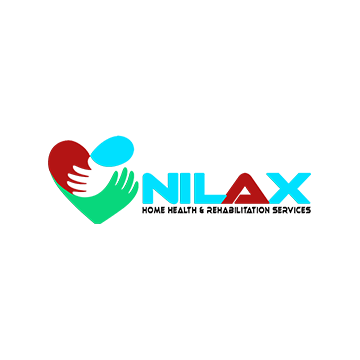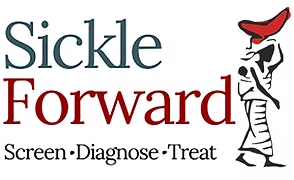SickleCare Project
Home SickleCare Project
Sickle Care - SCD Screeen, Diagnose and Treat
The Tanzanian government through the Ministry of Health has undertaken various efforts to address the challenges posed by SCD. Newborn screening programs have been introduced in high-burden regions to ensure early diagnosis and intervention. Access to essential medications like hydroxyurea, folic acid, and antibiotics has been enhanced, alongside improved blood transfusion services to manage severe cases. The government has also established a national registry to monitor the prevalence and impact of SCD in the country.
Healthcare worker training programs aim to build capacity for diagnosing and managing SCD effectively, while public awareness campaigns educate communities about the disease and its inheritance patterns. Additionally, the government supports research to better understand SCD epidemiology and guide evidence-based policies.
The World Health Organization (WHO) has highlighted sickle cell disease as a major public health issue and recommends newborn screening as a crucial step in early diagnosis and intervention. Tanzania being rated No. 5 globally and No. 4 in Africa with sickle cell disease cases while globally statistics shows that in every 300,000 birth, there is a probability of having 150,000 to 200,000 cases of Sickle cell trait or confirmed cases. Genetic counseling is emphasized to inform carriers of the sickle cell trait about the risks of passing the condition to their children.
The WHO also advocates for comprehensive care through specialized clinics that address pain management, infection prevention, and psychosocial support. Advocacy campaigns to reduce stigma and promote early health-seeking behavior are encouraged, as are collaborations with international organizations, researchers, and pharmaceutical companies to improve access to diagnostic tools, treatments, and funding.
Sickle cell disease remains a significant health challenge in Tanzania. However, ongoing government efforts, adherence to WHO recommendations, and strengthened public-private partnerships have the potential to improve outcomes for those living with the condition. Screening, early diagnosis, and comprehensive care remain pivotal strategies in reducing the burden of SCD and enhancing the quality of life for affected individuals.










